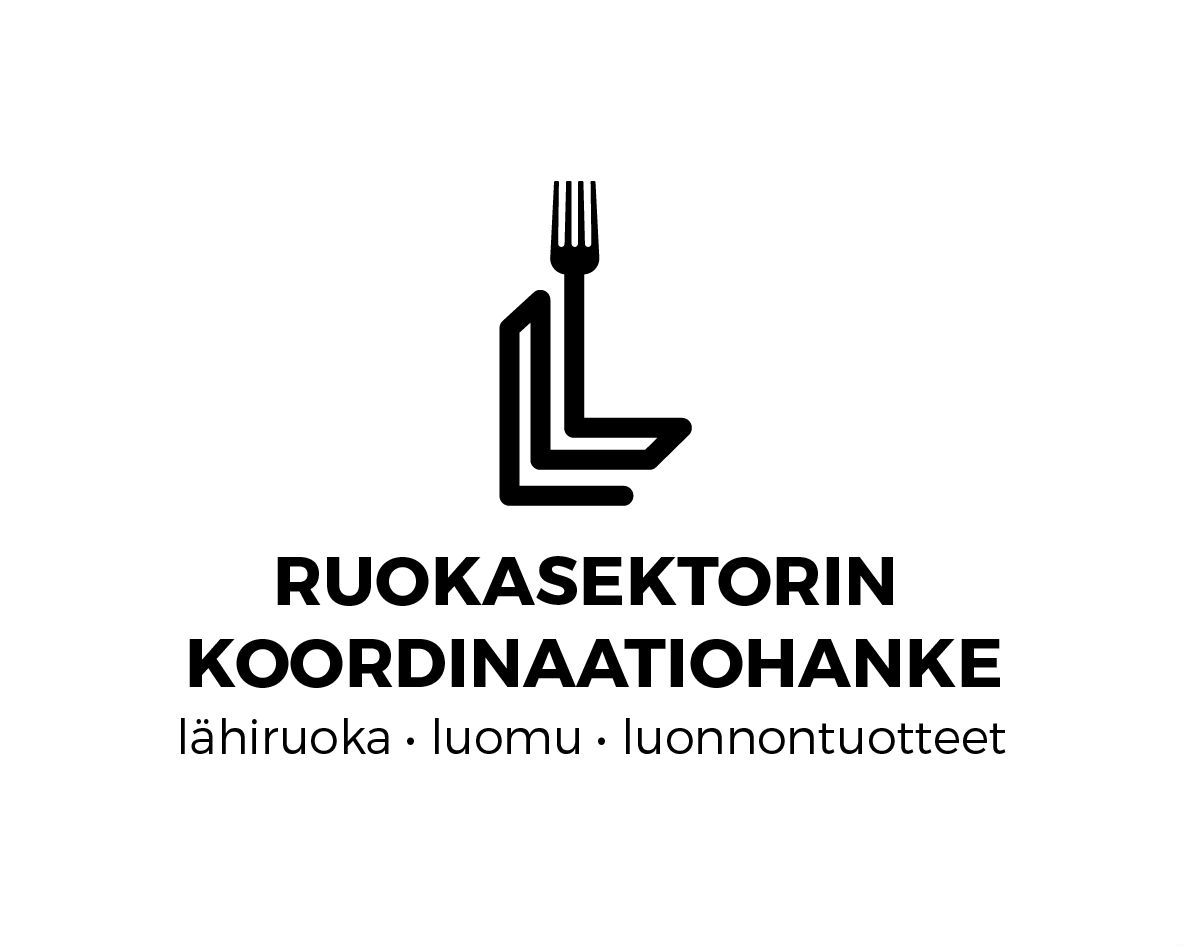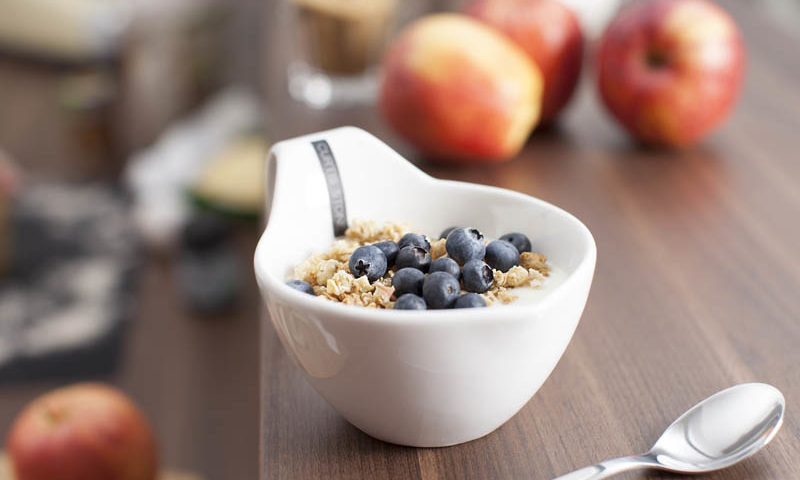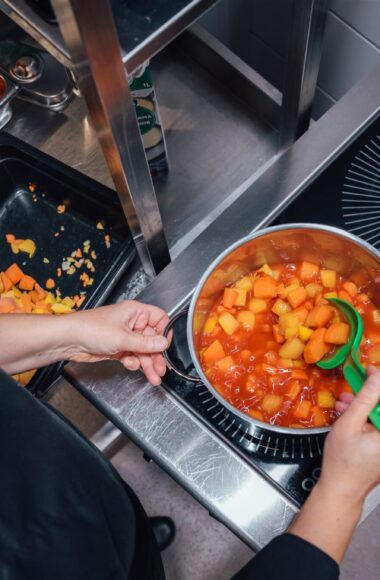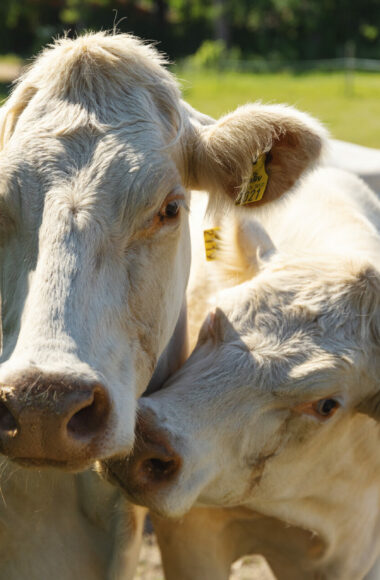In 2019, the yields of organic grains were 66 % better compared to the previous year. The yields of organic wheat, barley, rye, and oats were among the best in statistical history. In total, almost 143 million kilos of organic grains were produced.
The oat boom was also seen in the consumer market for organic products. In 2019, there was a 66 % increase from the previous year in the amount of organic oats farmed. Oats are the most important organic grain: oats made up more than half of the total organic grain yield. The majority of the organic oats is exported as processed.
The surface area of organic farming and organic meat production remained almost unchanged
13.5 % of Finland’s total arable land was used for organic cultivation. New organic commitments were not made in 2019 due to running out of money reserved for organic subsidies, therefore the surface area of organic farming remained almost unchanged. Organic commitments will again be made this year. According to Pro Agria, which organises basic courses in organic farming, the courses are very popular this year and the arable land used for organic farming is expected to increase again.
Organic meat production has remained fairly stable in recent years. On the other hand, organic milk production, and in particular the production of organic eggs, continued to grow last year.
The organic wild collection area decreased by half
According to the Finnish Food Authority’s instructions, which came into force in 2019, a separate commitment is required from the forest owner for organic wild collection. As a result, Finland’s organic wild collection areas decreased by more than half. However, Finland still has the world’s largest certified organic wild collection area of 4.6 million hectares.
The decline in the surface area for organic wild collection was reflected in particular in the harvest of the most important natural organic berry, organic bilberries. Only about half a million kilos was foraged, almost 3 million kilos less than the previous year. Bilberry yields were also impacted by weather conditions. Organic accounted for less than 12% of all bilberries, 8% of all lingonberries, and 30% of all cloudberries. At its best, the organic share has been more than half of bilberries and cloudberries.
Consumption of organic products is growing rapidly
More than 2.2 million Finns are buying organic on a regular basis. More and more consumers who buy organic products also expect to increase their consumption of organic products in the future.
In 2019, approximately EUR 368 million in organic sales were sold in grocery stores. Sales increased by 9.6 % compared to the previous year. As in recent years, fruit, milk and other liquid dairy products and vegetables were the largest product groups in organic sales.
The largest market share of organic food is in baby food: 23% of the total sales of this product group are organic. Organic products are mostly consumed by families, but the proportion of men consuming organic products has increased.
Purity and no pesticides, taste, and health are highlighted as the most important purchasing criteria for organic products. The importance of taste and environmental friendliness has increased.
The Organic in Finland 2019 compilation published by Pro Luomu summarises the results of public organic statistics and the latest surveys from the organic industry. The data in the compilation are from studies and surveys commissioned by the Finnish Food Authority and the Natural Resources Institute, as well by Pro Luomu.
Organics in Finland 2019 (pdf-file)
Organic in Finland compilation is a part of the Food Sector Coordination Project and it has been implemented with a grant from the Rural Development Programme for Mainland Finland (2014–2020).







